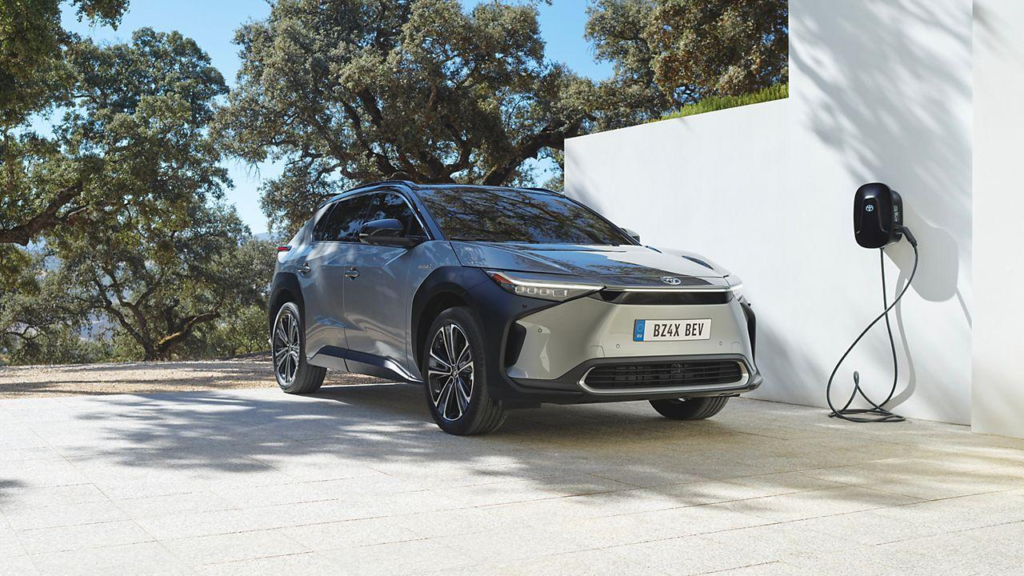
In the quest for sustainable transportation solutions, electric cars have emerged as a transformative force, offering both impressive performance and significant reductions in harmful emissions. As concerns about climate change and air pollution continue to mount, the shift towards electric vehicles (EVs) represents a critical step towards a cleaner, greener future. In this comprehensive article, we explore the performance capabilities and emission benefits of electric cars, shedding light on their potential to revolutionize the automotive industry and combat environmental degradation.
Unleashing the Power of Electric Propulsion: Performance Advantages
Contrary to outdated perceptions, electric cars are not only environmentally friendly but also offer impressive performance capabilities that rival their internal combustion engine (ICE) counterparts. One of the key advantages of electric propulsion is instantaneous torque delivery, which provides swift acceleration and responsive throttle response. Unlike traditional gasoline-powered vehicles, which rely on complex transmission systems to deliver power to the wheels, electric cars deliver torque directly to the wheels, resulting in smooth and seamless acceleration.
Moreover, electric motors offer a wide operating range of power and torque, allowing for dynamic performance across various driving conditions. Whether navigating city streets or cruising on the highway, electric cars deliver consistent and reliable performance, with smooth power delivery and quiet operation. Additionally, the absence of gear shifts and engine vibrations contributes to a refined and enjoyable driving experience, enhancing comfort and driver satisfaction.
Furthermore, advancements in battery technology and electric drivetrains have enabled electric vehicles to achieve impressive speed and acceleration capabilities. High-performance electric models such as the Tesla Model S Plaid and Porsche Taycan demonstrate the potential of electric propulsion, achieving acceleration times comparable to some of the world’s most renowned supercars. With rapid advancements in electric vehicle technology, the performance gap between electric and gasoline-powered vehicles continues to narrow, making electric cars an increasingly compelling choice for performance enthusiasts.
Cleaner Mobility, Lower Emissions: Environmental Benefits
In addition to their impressive performance capabilities, electric cars offer significant environmental benefits, particularly in terms of reduced emissions and air pollution. Unlike conventional gasoline-powered vehicles, which emit harmful pollutants such as carbon dioxide (CO2), nitrogen oxides (NOx), and particulate matter (PM), electric cars produce zero tailpipe emissions during operation.
The primary source of emissions associated with electric vehicles is the generation of electricity used to charge their batteries. However, even when accounting for emissions from electricity generation, electric cars still offer a significant reduction in greenhouse gas emissions compared to gasoline-powered vehicles. This is particularly true in regions where electricity generation relies on renewable energy sources such as wind, solar, and hydroelectric power.
Furthermore, the adoption of electric vehicles has the potential to mitigate the adverse health effects associated with air pollution, including respiratory illnesses, cardiovascular diseases, and premature mortality. By reducing emissions of harmful pollutants such as nitrogen dioxide (NO2) and particulate matter (PM), electric cars contribute to cleaner air and improved public health outcomes, benefiting communities and populations around the world.
Moreover, electric cars offer the promise of enhanced energy security and reduced dependence on fossil fuels. By diversifying the transportation sector’s energy sources and leveraging renewable energy resources, electric vehicles help to reduce reliance on imported oil and mitigate geopolitical risks associated with traditional fuel sources.
Challenges and Opportunities for Electric Cars
While electric cars offer compelling performance and emission benefits, they also face challenges that must be addressed to accelerate their widespread adoption. Range anxiety, charging infrastructure availability, and upfront costs remain key barriers to mainstream adoption, particularly in regions with limited charging infrastructure and higher vehicle purchase prices.
However, ongoing advancements in battery technology, charging infrastructure, and government incentives are helping to address these challenges and make electric vehicles more accessible and affordable for consumers. With improvements in battery energy density, charging speed, and cost reduction, electric cars are becoming increasingly competitive with traditional gasoline-powered vehicles in terms of range, affordability, and convenience.
Furthermore, the electrification of transportation presents opportunities for innovation and economic growth, stimulating investment in research and development, manufacturing, and infrastructure development. As automakers continue to expand their electric vehicle offerings and governments implement policies to support the transition to cleaner transportation, the future of electric cars appears brighter than ever.
Conclusion: Pioneering a Sustainable Future
In conclusion, electric cars represent a revolutionary solution to the dual challenges of climate change and air pollution, offering impressive performance and significant emissions reductions compared to traditional gasoline-powered vehicles. With their instantaneous torque delivery, dynamic acceleration, and zero tailpipe emissions, electric cars are poised to revolutionize the automotive industry and redefine the concept of sustainable mobility.
As advancements in technology and policy support continue to drive the transition to electric vehicles, the potential for electric cars to transform transportation and combat environmental degradation has never been greater. By embracing electric propulsion, we can pave the way towards a cleaner, greener future, where mobility is not only efficient and enjoyable but also sustainable and environmentally responsible.
